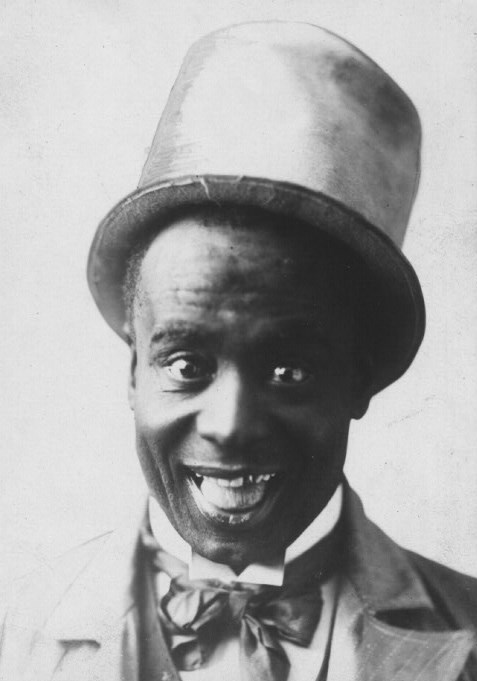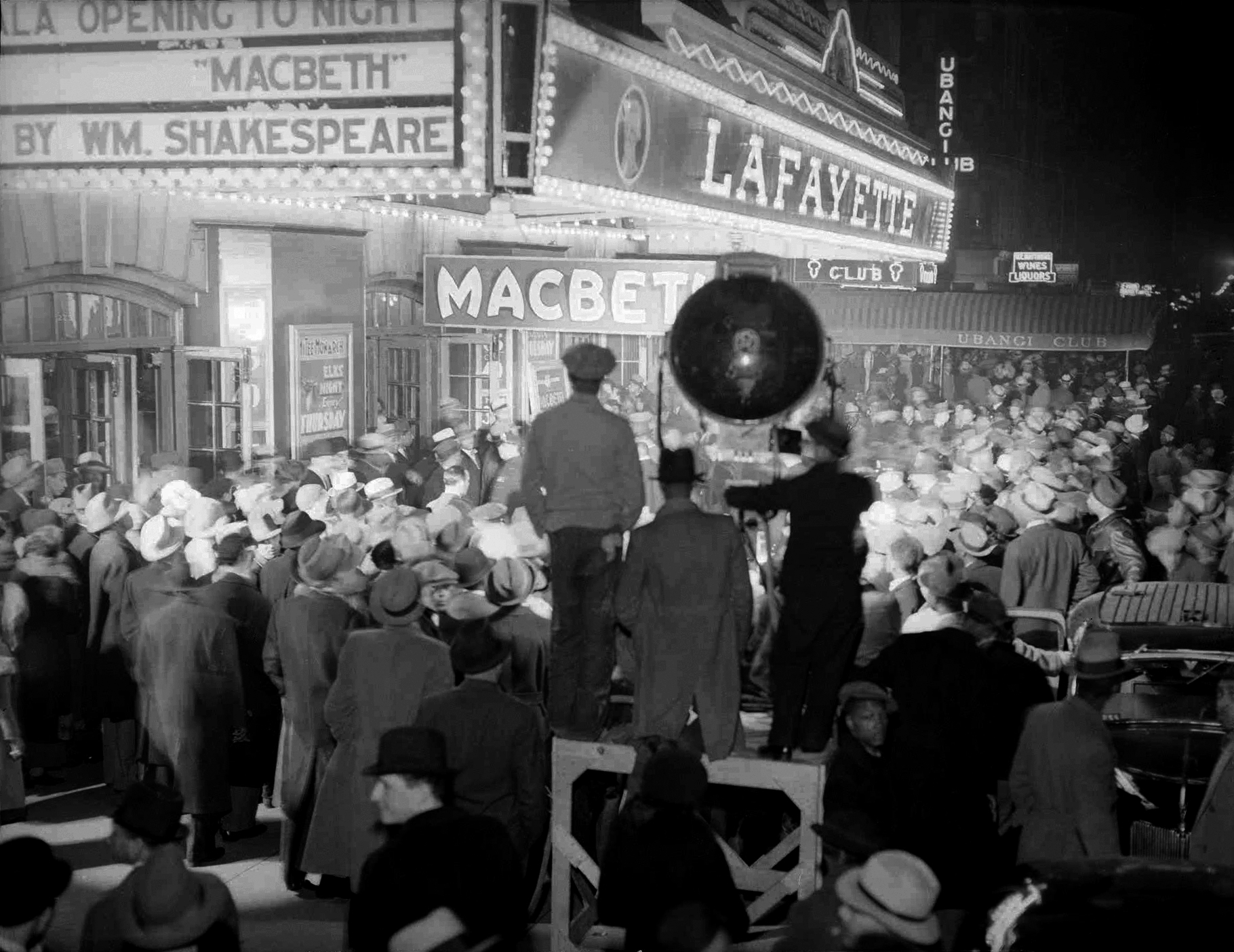Walton, Lester A., 1882-1965
Enlarge text Shrink textLester Aglar Walton (April 20, 1882 – October 16, 1965) was a St. Louis-born Harlem Renaissance polymath and intellectual, a well-known figure in his day, who advanced civil rights in significant and prescient ways in journalism, entertainment, politics, diplomacy and elsewhere. The New York Times called him an "authority on Negro affairs." Historian Susan Curtis describes him as a man who "advised U.S. presidents and industrialists ... [and] was instrumental in desegregating housing" in New York City. As "America's first black reporter for a local daily," Walton also became the first full-time Black sportswriter and the first Black journalist to cover golf and the nascent sport of pre-1910 basketball. A Broadway songwriter who wrote lyrics for Bert Williams and George Walker, Walton also produced his own theater productions, managed Harlem's Lafayette Theatre, including the Lafayette Players, and frequently collaborated on lyrics with the "legendary Ernest Hogan, a.k.a. the Unbleached American, an early black minstrel and vaudeville comedian who (by some historians’ reckoning) was the first African-American performer to play before a white audience on Broadway." “Black Bohemia” with Will Marion Cook and the protest song "Jim Crow Has Got to Go," popular during the early days of civil rights marches, are among Walton's better known compositions. A seminal figure in early film criticism, Walton is considered to be among the earliest to understand the direct and indirect educational power of onscreen imagery. In his extensive writing on the medium, he produced numerous persuasive, wide-ranging and foundational arguments for condemning the objectification of Black Americans, and for understanding the resonance of the medium. In an ultimately successful, and seemingly modern campaign, Walton, with help from the Associated Press, advocated for the media to capitalize the "N" in "Negro," and eliminate the use of the word "Negress" altogether. He went on to become an advocate of another kind when President Franklin Delano Roosevelt appointed him U.S. Ambassador to Liberia in 1935. During his decade-plus tenure there, he successfully concluded several important treaties, while also negotiating the terms of an American air base, and helping Liberia build a market for rubber exports. Walton's contributions to the culture, discourse, and advancement of civil rights were recognized in his time with three honorary degrees: in 1927, he received a Master of Arts from Lincoln University in Chester, Pennsylvania. In 1945 and in 1958, he received an LL.D. from Wilberforce University in Ohio and the University of Liberia, respectively.
Read more on Wikipedia >
 Personality
Personality










